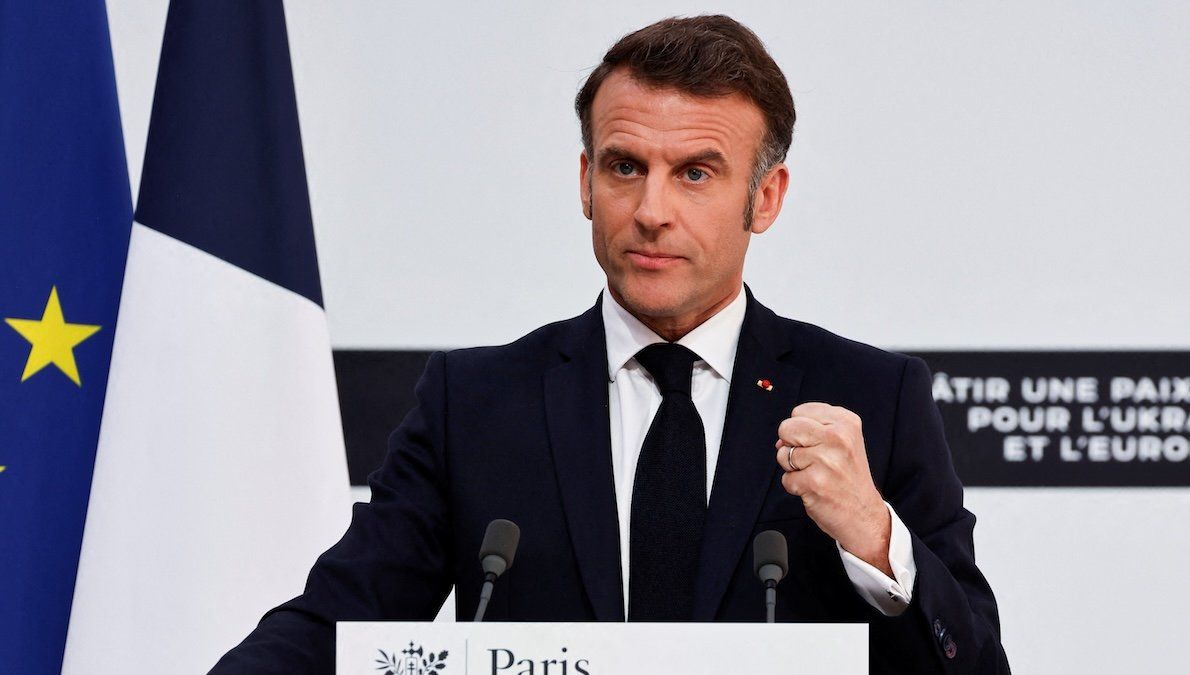At the third summit of the so-called “coalition of the willing” for Ukraine on Thursday, French President
Emmanuel Macronproposed a multinational “reassurance force” to deter Russian aggression once a ceasefire is in place – and to engage if attacked. Before the meeting, Macron
said, “If there was again a generalized aggression against Ukrainian soil, these armies would, in fact, be under attack … and, if they are in a conflict situation, [would] respond to it.” He
also announced an additional €2 billion ($2.16B) worth of French military equipment, including missiles, warplanes, and air defense equipment, for Ukraine.
The reassurance force has its share of supporters, notably British PM Keir Starmer. But Italian PM Giorgia Meloni offered “no national participation,” while Czech PM Petr Fiala dubbed the discussion “premature” until ceasefire conditions become known.
Moscow’s response?A hard nyet.Maria Zakharova, spokesperson for the Russian foreign ministry, claimed that the UK and France are “hatching plans for military intervention in Ukraine” under the guise of peacekeeping. She added, “Russia categorically opposes such a scenario, which threatens a direct conflict between Russia and NATO.”
So far, there has been no formal response from the Trump administration, although special envoy Steve Witkoff referred to the plan as “simplistic” and “posturing” in an interview with Tucker Carlson on March 21. We’re watching to see if there will be further reaction – and whether this will impact ceasefire talks.
